Audit Etici (EA)
Standard per l'Audit Etico
Per un'azienda moderna, una filiera di produzione e approvvigionamento basata su principi etici non può più essere considerato un mero strumento promozionale a disposizione delle PR. Oggigiorno, i consumatori, i governi e le ONG esercitano una pressione sempre maggiore sui marchi affinché garantiscano trasparenza a tutti i livelli della loro filiera di produzione e approvvigionamento. La responsabilità sociale costituisce un importante elemento della strategia di approvvigionamento e marketing di un'azienda, che contribuisce a garantire una miglior qualità del prodotto, a favorire la fedeltà del consumatore e a dare enfasi ad una buona cittadinanza aziendale
QIMA offre programmi completi di audit etico che possono essere effettuati secondo gli standard internazionali, secondo le specifiche interne della tua azienda, o sulla base del nostro Protocollo, considerato uno dei migliori della categoria.
Tutti i programmi di audit etico coprono i seguenti aspetti:
- Igiene, salute e sicurezza
- Gestione dei rifiuti
- Bambini e lavoro minorile
- Condizioni di lavoro, incluso il lavoro forzato, la rappresentanza sindacale, le pratiche disciplinari e la discriminazione.
- Orari di lavoro e retribuzioni
Protocolli di Audit Etico Specifici per il Cliente
Se la tua azienda dispone di già di un programma di responsabilità sociale, QIMA può personalizzare i suoi programmi esistenti di audit etico in modo tale da soddisfare le tue specifiche esigenze e garantire che i tuoi fornitori si conformino ad esse.
Audit Etico sulla base degli Standard Internazionali
I nostri auditor professionisti certificati possono effettuare audit etici sulla base di tutti i principali standard riconosciuti a livello internazionale per gli audit sociali, tra i quali:
- SMETA (Sedex)
- BSCI
- ETI (ILO)
- Responsible Jewellery Council (RJC)
- Initiative for Compliance and Sustainability (ICS)
- Higg Facility Social & Labor Module (FSLM)
- WRAP (Worldwide Responsible Accredited Production)
Il Protocollo di Audit Etico di QIMA, considerato il migliore della categoria
Utilizzando le best practices degli standard esistenti e basandoci sulla nostra stessa esperienza, accumulata realizzando oltre 10.000 audit ogni anno, abbiamo sviluppato il nostro protocollo per l'audit etico, considerato il migliore della categoria.
Quando gli auditor QIMA visitano una fabbrica, utilizzano le coordinate GPS per confermare che tuoi prodotti vengano fabbricati solo presso lo stabilimento approvato, e che non si stia facendo ricorso ad alcun subappalto non autorizzato.
La nostra procedura in loco è composta da:
- Meeting di apertura
- Tour della fabbrica
- Controllo della documentazione
- Interviste ai dipendenti (di gruppo ed individuali)
- Meeting di chiusura con analisi del Piano per Azione Correttiva (CAP)
Inoltre, i nostri Workshop per i Fornitori (che si tengono prima e durante l'audit) contribuiscono a istruire i tuoi fornitori sul programma di audit, coinvolgendoli maggiormente e aiutandoli a conseguire la conformità.
Le nostre interviste ai dipendenti sono strutturate e condotte in modo tale da garantire trasparenza e onestà. Durante l'intervista, i nostri auditor ricorrono all'analisi dello stress vocale e incrociano le informazioni per individuare qualunque eventuale tentativo d'inganno o incongruenza. Allo staff della fabbrica viene anche offerta la possibilità di fornire un feedback in modo anonimo.
Gli Auditor Etici QIMA
QIMA ha adottato un approccio basato sulle competenze fondamentali degli auditor - mentalità, abilità e conoscenza - in linea con gli strumenti di riferimento sviluppati dal Global Social Compliance Programme (GSCP).
Tutti gli auditor QIMA dispongono di una certificazione professionale e si sottopongono a una formazione regolare per rimanere aggiornati sugli standard e i requisiti di legge più recenti. L'auditor etico medio di QIMA ha effettuato 580 audit.
Perché effettuare un Audit Etico?
- Garantire condizioni di lavoro dignitose e il rispetto dei diritti umani lungo tutta la propria catena di produzione e approvvigionamento.
- Rispettare i requisiti di legge (es. Legge sulla Schiavitù Moderna 2015)
- Impedire subappalti non autorizzati
- Ottenere un quadro accurato della compliance etica nella propria catena di produzione e approvvigionamento.
- Sviluppare rapporti di collaborazione con i propri fornitori
- Migliorare l'immagine del marchio e accrescere la fidelizzazione dei consumatori
Opinioni sulla Filiera di Produzione e Approvvigionamento



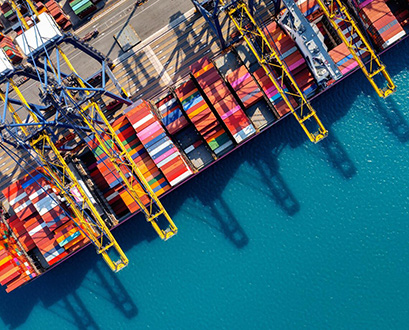


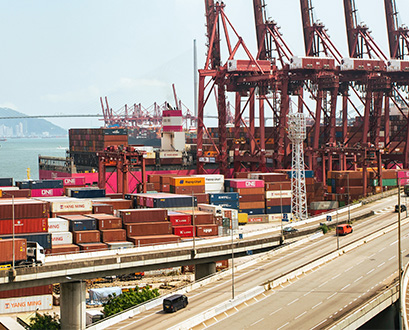


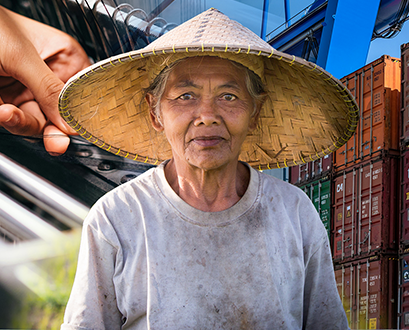

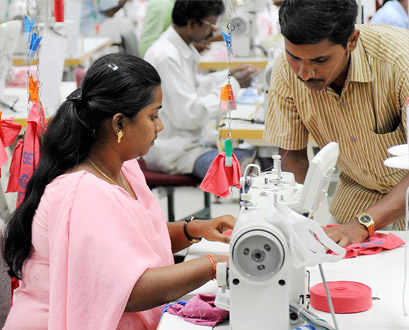
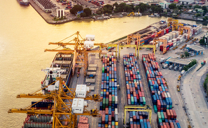
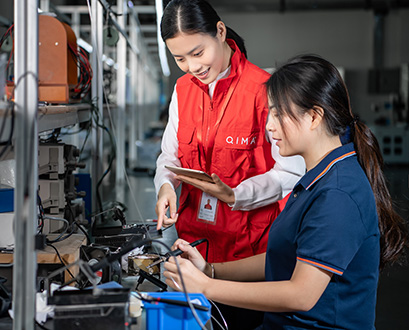
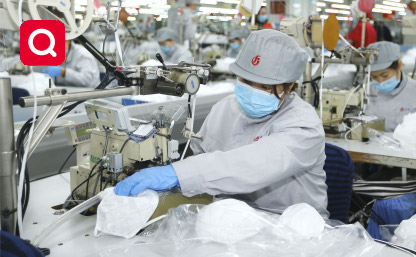

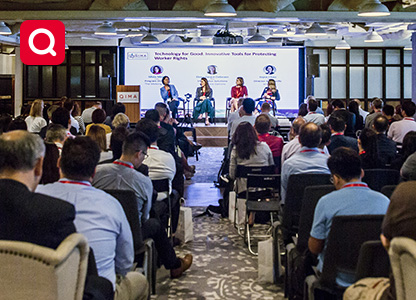
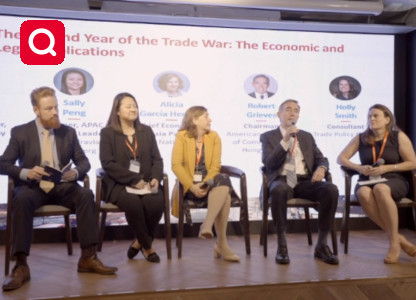
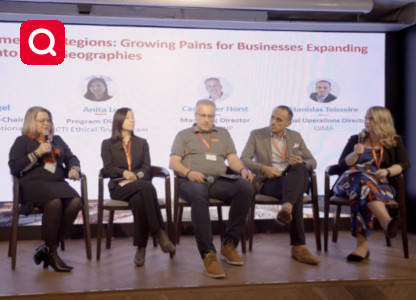
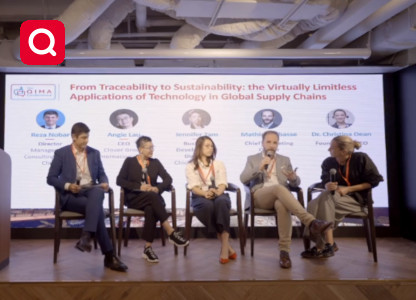

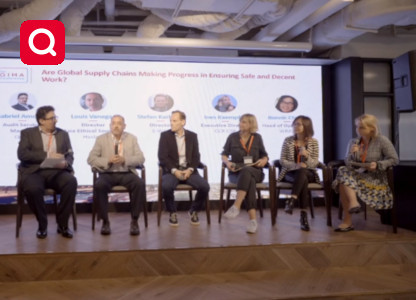
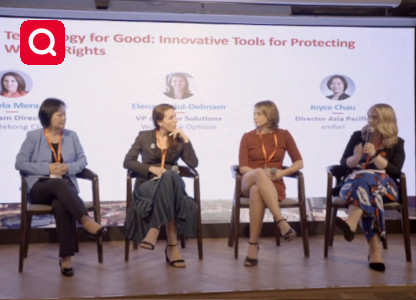
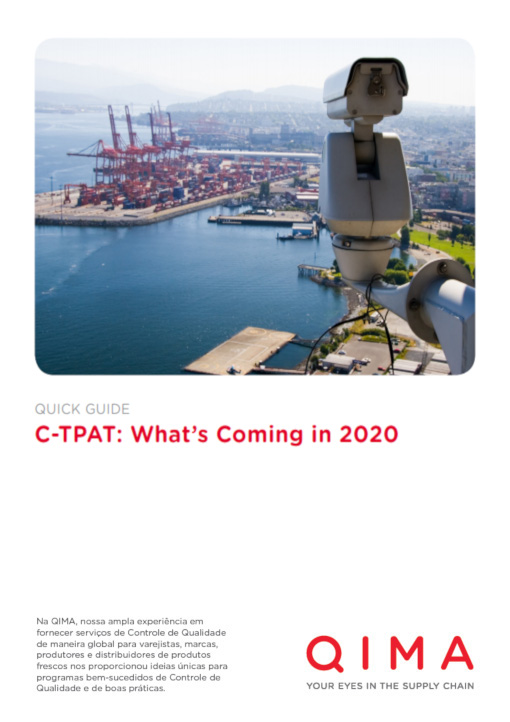
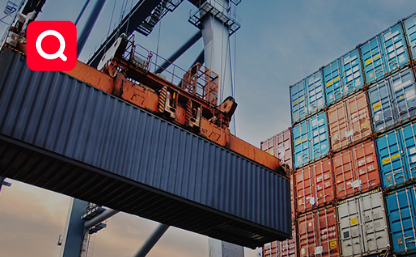

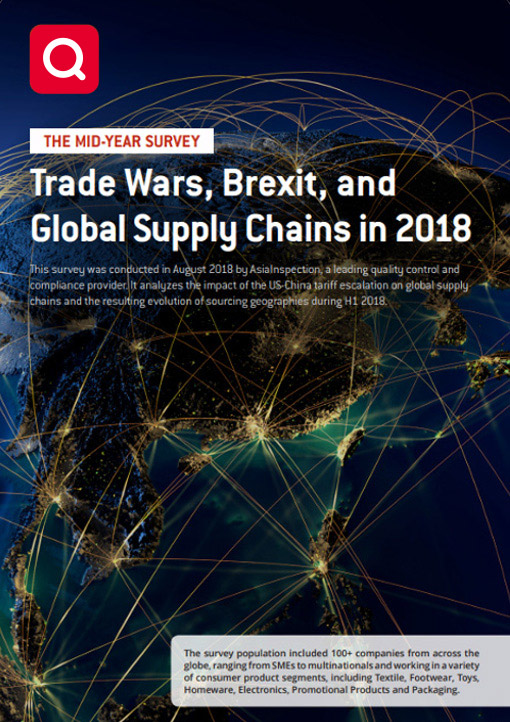
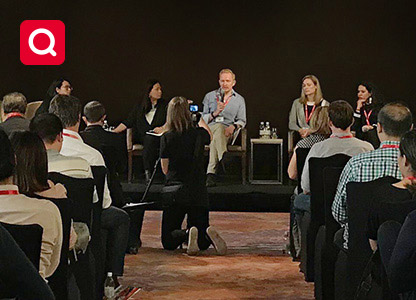
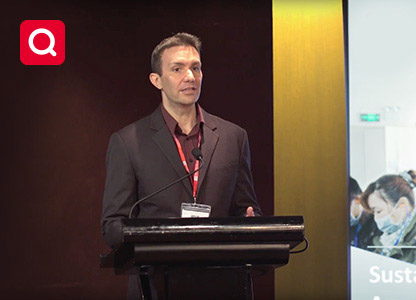
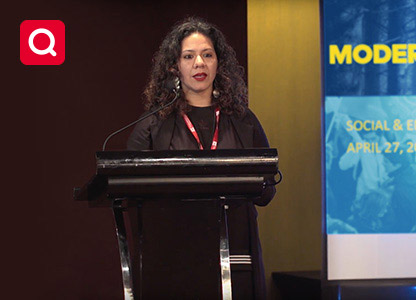

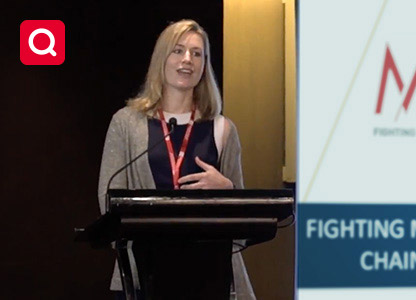

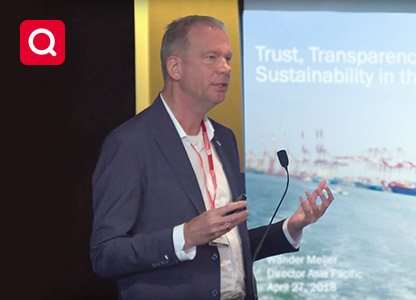
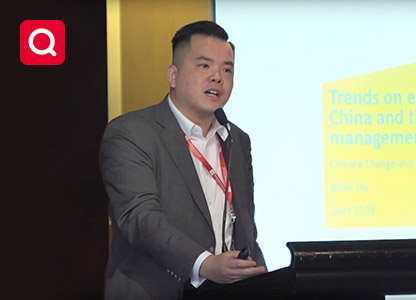
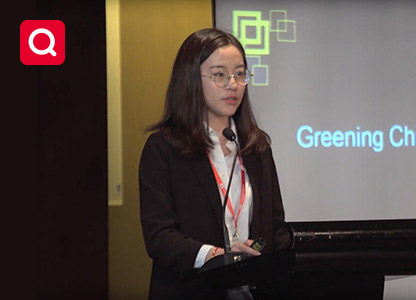
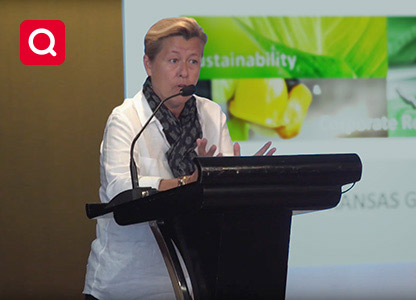

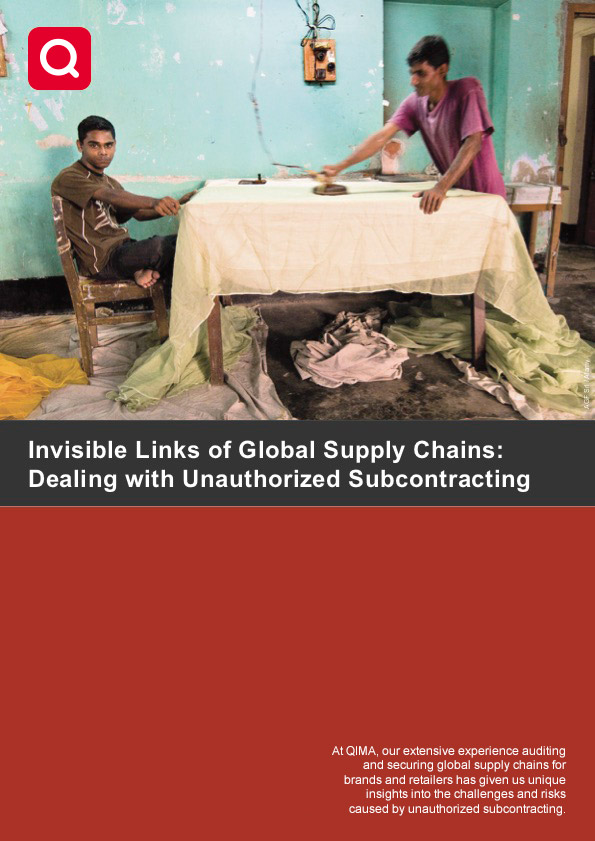
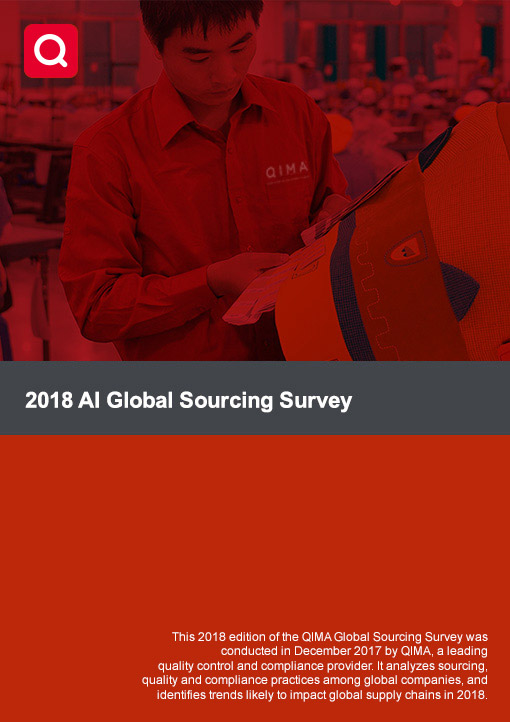
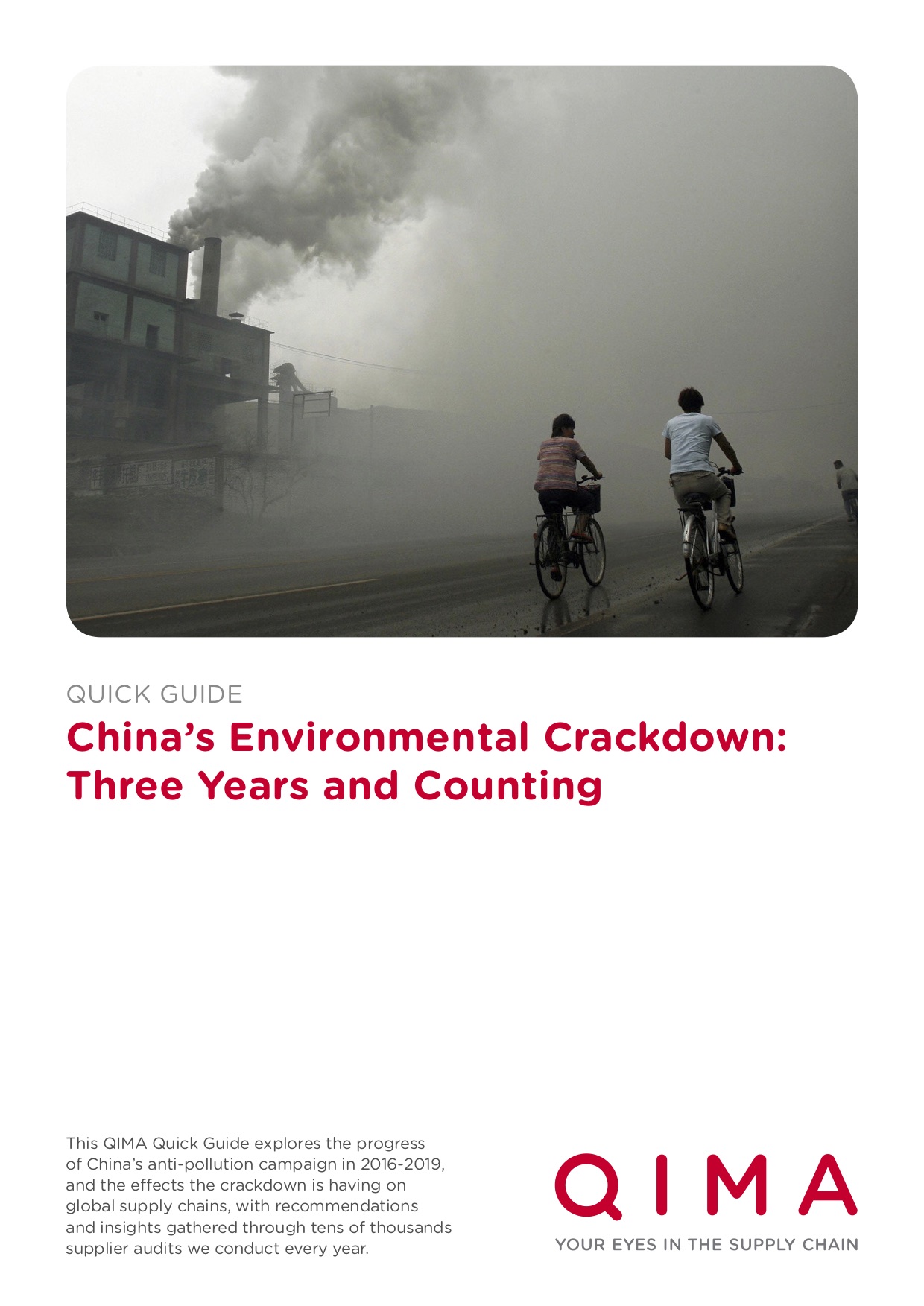
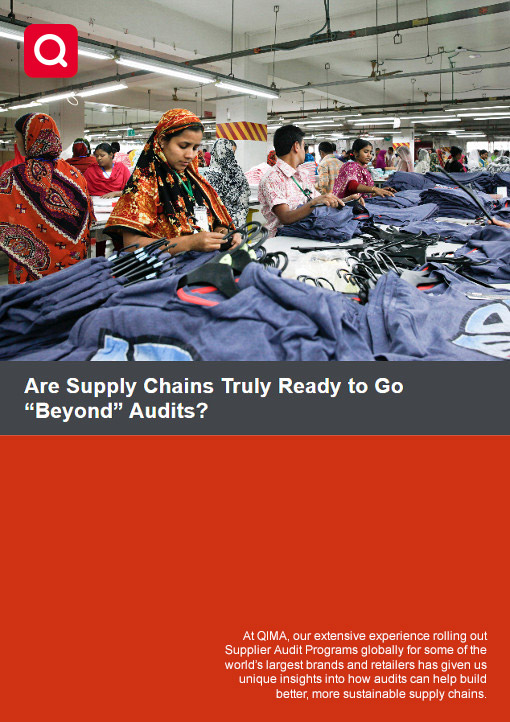
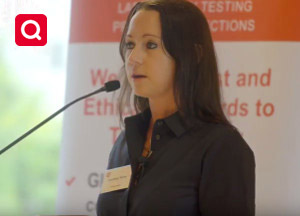
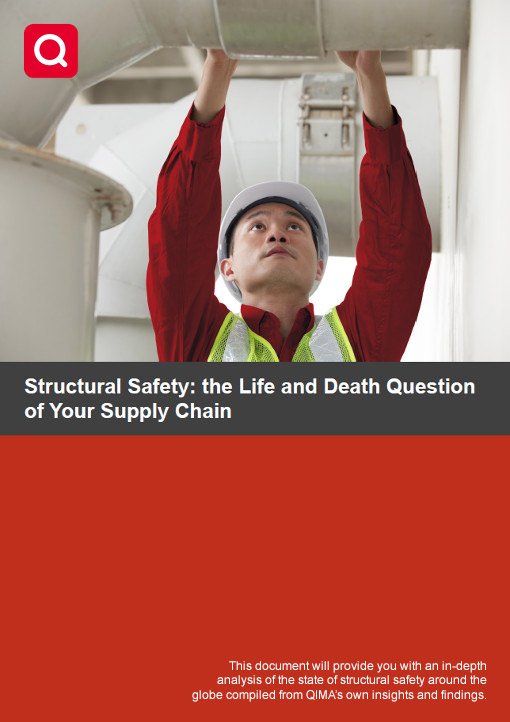
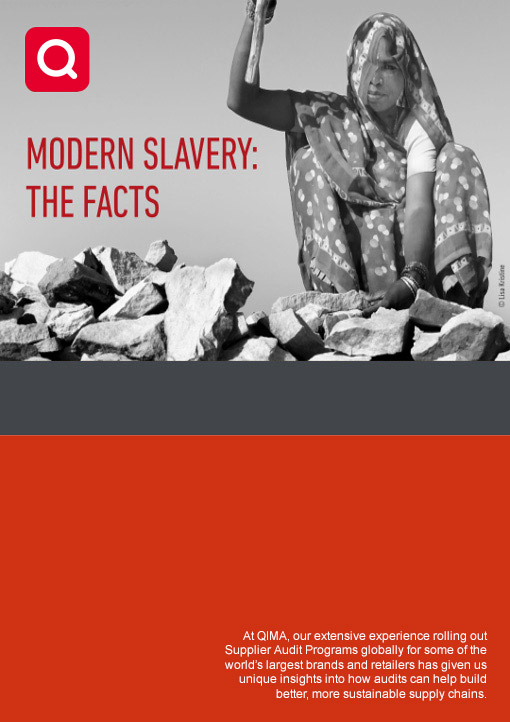
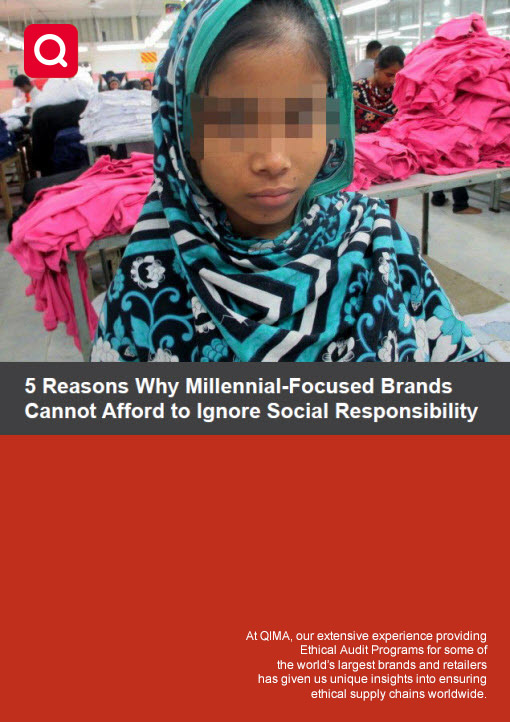
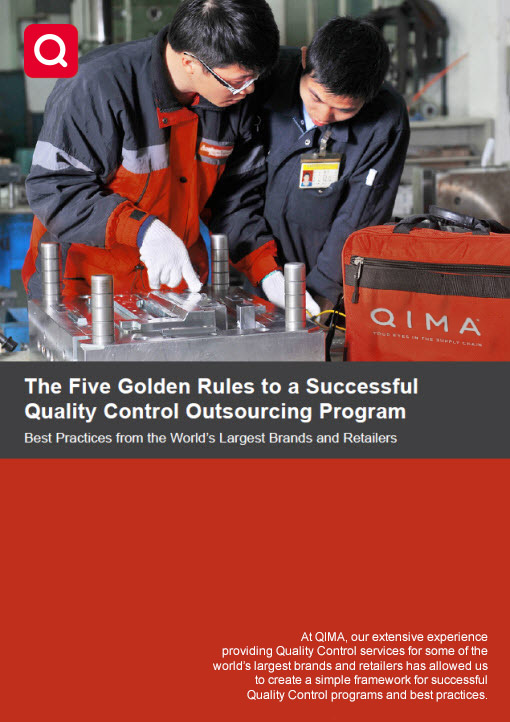
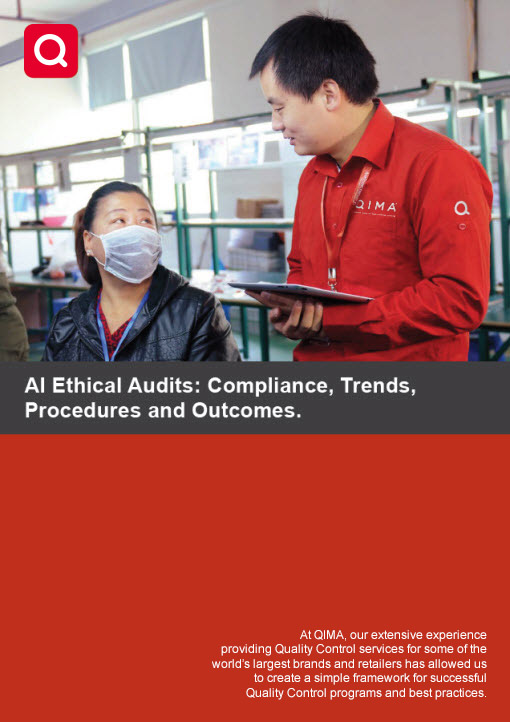
More Resources
Hai bisogno di maggiori informazioni?
Thank you - your inquiry has been sent.
We will come back to you shortly.
Back
Pricing
Need a quote for product inspections, supplier audits, laboratory testing or certification services?
Get StartedRete globale, know-how locale
Con oltre 2,500 ispettori qualificati, QIMA è in grado di raggiungere qualsiasi fabbrica in Asia nel giro di 48 ore.[1] I nostri ispettori sono assunti in base a criteri rigidissimi: laureati, vantano almeno 5 anni di esperienza nel settore del controllo qualità. Lavorano tutti nella propria regione di provenienza e possiedono una conoscenza estremamente approfondita della realtà imprenditoriale locale.
Fai clic per ingrandire
- Controllo della Qualità sul tuo Dispositivo Mobile
- Livello di Qualità Accettabile (AQL)
- Ispezione dei Tessuti per Abbigliamento
- Controllo della Qualità in Bangladesh
- Controllo della Qualità in India
- Controllo della Qualità in Cina
- Controllo della Qualità in Vietnam
- Sicurezza Alimentare
- FBA Inspections
- Analisi Metalli Pesanti
- Conformità RoHS
- Sicurezza dei Prodotti di Consumo
- Normativa REACH
- Analisi degli Ftalati
- Consigli per la Sicurezza dei Giocattoli
- Test di Sicurezza dei Giocattoli ASTM F963
- Conformità CA Proposition 65
- QCA Programma Test Membri
- QIMA Decision Rule
- Lab Testing Complaint Handling
| Questo sito è protetto dalle normative in materia di diritto d'autore e di diritto dei marchi commerciali, sulla base della legislazione USA ed internazionale. |
| QIMA © 2024 |
|
ClientID:; Client:; Affiliate:;
|
 Vedi una Demo
Vedi una Demo
